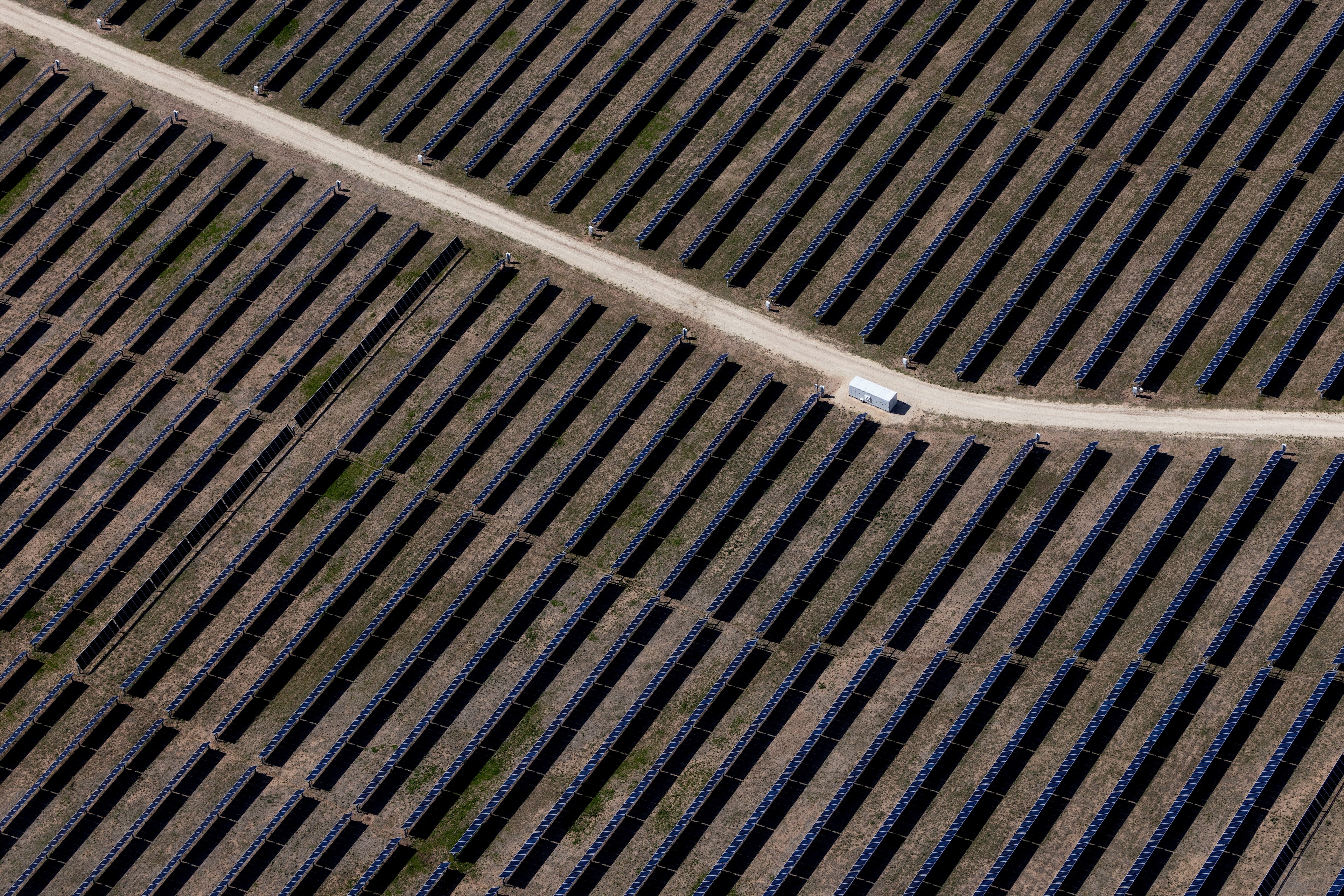New research sheds light on delicate forest biodiversity

Studies of Poland's Białowieża Forest reveal the potential impacts of deforestation and how we can preserve biodiversity.
Image: REUTERS/Denis Balibouse
Stay up to date:
Future of the Environment
Białowieża Forest in Poland has been in the news lately due to the major destruction it is facing from potential deforestation. Preserved through the ages — first used as a royal game reserve, then later protected through national park initiatives and management — a movement is now underway to tap the forest for increased logging.
New research by Department of Civil and Environmental Engineering (CEE) Assistant Professor Serguei Saavedra, working with a team of European ecology researchers, highlights some of the major processes shaping the forest’s delicate species coexistence which could be dramatically altered through deforestation. Their paper is the cover story of this month's issue of Ecology.
The team’s results imply that large anthropogenic effects, such as deforestation, can have significant negative effects on the balance of the entire ecosystem, because predator-prey interactions are closely coupled to the environment.
Only approximately 550 square miles, the forest supports thousands of different species including hundreds of bison; large carnivores such as wolf and lynx; birds; and lichens, fungi, and microbes that thrive on woodsy decomposition.
Developing strategies for sustainability
Białowieża Forest represents the last primeval temperate forest in lowland Europe. The complexity of the forest structure and the strong seasonality generate significant variations in the environmental conditions throughout the year. Saavedra and his colleagues showed that seasonal interaction turnover among species helps minimize the impact of these variations.
"Many of the species interactions in ecological communities are not permanent, but are characterized by temporal changes,” Saavedra explains. “Understanding how and why these interactions change can shed new light on the processes shaping the delicate coexistence of large ecological systems, and lead to more efficient strategies for their sustainability.”
Associate Professor Nuria Selva, one of Saavedra’s co-authors from the Polish Academy of Sciences, adds that Białowieża Forest is the best preserved lowland forest of the temperate zone and therefore was an excellent area to research.
“Places like this which are changed very little by people are rare, particularly in Europe,” she says, “but they give a unique opportunity to observe natural processes and how the natural world is organized. Our study demonstrates that the temporal changes in how predators and their prey interact are crucial for the persistence of the whole community. This is often hard to understand by nature managers who tend to intervene as soon as they see a big change happening.”
The team investigated the extent to which changes of species composition impact the likelihood of species coexistence in the highly seasonal forest, and the extent to which seasonal changes of predator diet modulate the expected impact. This likelihood was estimated by extending recent developments in the field of quantitative ecology.
The scientists found a significant species turnover in the Białowieża community between summer and winter. Importantly, they demonstrated that active changes in predators' diet maintain similar coexistence conditions through the year despite species turnover. Paradoxically, the results suggest that short-term dynamics can be coupled to the long-term persistence of ecological systems.
"Humans are altering many facets of the environment at a speed and extent that is unprecedented in the Earth’s recent history,” says Canterbury University Professor Jason M. Tylianakis, a terrestrial ecosystems conservation researcher who was not involved in this research. “The complexity of ecosystems, with hundreds to thousands of species interacting with each other at a given location, makes it difficult to understand, let alone predict, their responses to this change. This research provides a key step forward by using a newly-developed analytical approach to show the importance of a few key predator-prey interactions for making the whole ecosystem persist. In short, the work of Saavedra and colleagues adds another weapon to the arsenal in the fight against species extinctions.”
Pursuing terrestrial ecological study
Saavedra joined CEE on January 1. A PhD graduate of Oxford University, Saavedra's work focuses on the sustainability of land-based ecological networks. For the past four years he has been working as a postdoc at the Department of Integrative Ecology at Doñana Biological Station in Spain, at the Department of Environmental Systems Science at ETH Zurich in Switzerland, and at the Institute of Evolutionary Biology and Environmental Studies at the University of Zurich.
In addition to Nuria Selva, other co-authors of the paper include Rudolf P. Rohr of the University of Fribourg in Switzerland; Miguel Fortuna of the University of Zurich, and Jordi Bascompte of the University of Zurich.
Don't miss any update on this topic
Create a free account and access your personalized content collection with our latest publications and analyses.
License and Republishing
World Economic Forum articles may be republished in accordance with the Creative Commons Attribution-NonCommercial-NoDerivatives 4.0 International Public License, and in accordance with our Terms of Use.
The views expressed in this article are those of the author alone and not the World Economic Forum.
Forum Stories newsletter
Bringing you weekly curated insights and analysis on the global issues that matter.
More on Nature and BiodiversitySee all
Elena Raevskikh and Giovanna Di Mauro
July 23, 2025
Arunabha Ghosh and Jane Nelson
July 22, 2025
Sebastian Buckup and Beth Bovis
July 10, 2025





